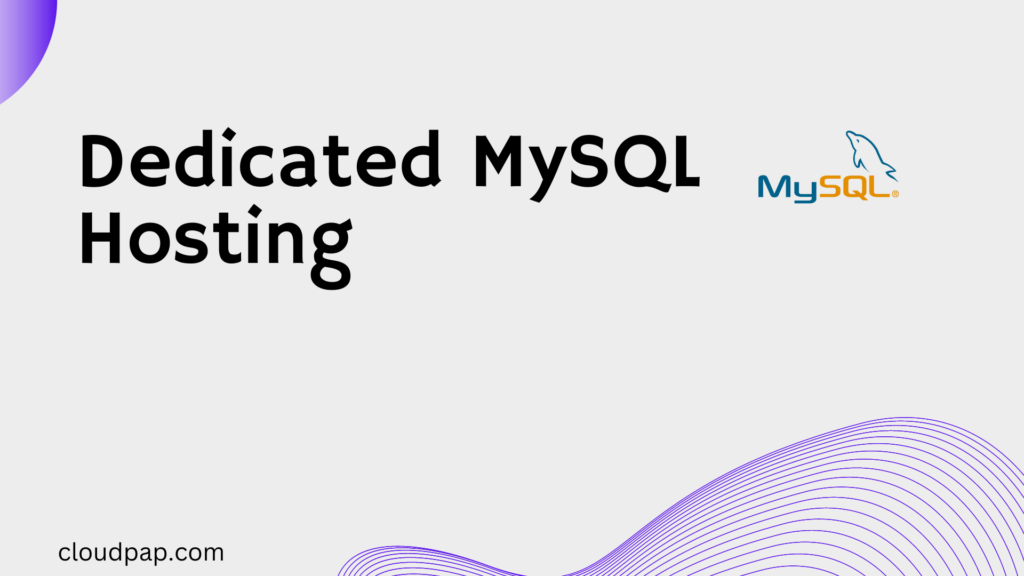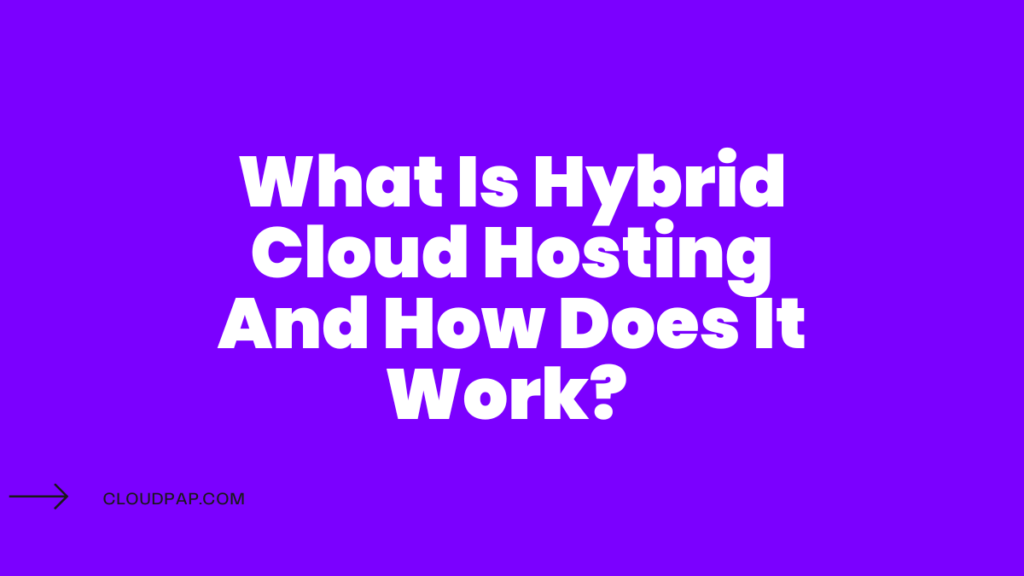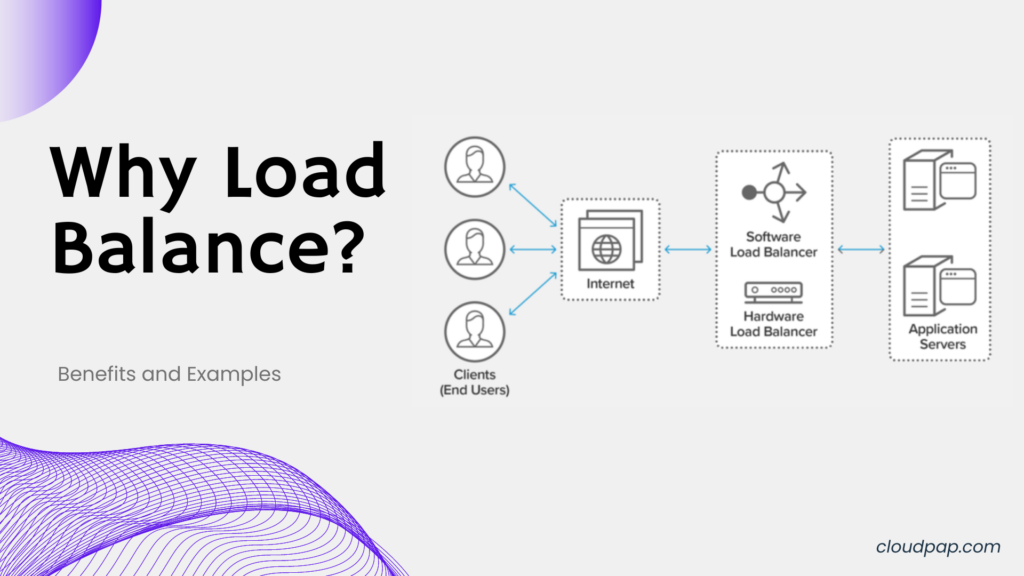The cloud provides individuals, businesses, and organizations many opportunities to store and manage data.
With the increasing popularity of cloud services, you need to understand the differences between public and private cloud hosting.
Public clouds provide easy access to cost-effective storage solutions, while private clouds offer more control over security protocols.
This article will explain how public and private cloud hosting is different from each other in terms of features such as scalability, security, privacy, performance, flexibility, and cost.
What is public cloud hosting?
Public cloud hosting is a shared infrastructure, meaning multiple customers can access the same pool of resources, such as storage space and processing power.
What is private cloud hosting
Unlike public cloud hosting, which allows access to data and applications from anywhere, private cloud hosting is hosted on the user’s own server, making it more secure and less vulnerable to cyber attacks.
Public vs Private Cloud Hosting
To help you grasp the differences, here’s a table discussing important aspects.
| Parameters | Public Cloud | Private Cloud |
|---|---|---|
| Definition | Public cloud hosting is a shared infrastructure, meaning multiple customers can access the same pool of resources, such as storage space and processing power. | Unlike public cloud hosting, which allows access to data and applications from anywhere, private cloud hosting is hosted on the user’s own server, making it more secure and less vulnerable to cyber attacks. |
| Work on | The public cloud operates based on scalability in response to storage requirements. | Members of the same organisation can only access a private cloud. |
| Control over Infrastructure | Control over infrastructure in public cloud deployment is restricted. | A private cloud setup offers full authority. |
| Connection | It is connected to the public Internet. | It only provides connectivity over the private network. |
| Hosted | It is hosted at the Service Provider site. | It is hosted at the Service Provider site or enterprise. |
| Business requirement | It is an affordable solution that provides room for growth. | High performance, security, customization, and control options. |
| Best use | Widely used for web-based email, online storage, application testing, and development, it is a popular tool for these tasks. | Widely deployed to safeguard your most confidential data and applications, this application offers robust protection. |
| Scalability | Cloud Service Provider’s technical team manages it. | In-house technical administrators manage it. |
| Managed by | A public cloud is a shared environment where your service provider administers the network, and multiple users have access. | A private cloud is akin to a single tenancy, with the internal team managing the infrastructure. |
| Cost | It is an affordable option offering a pay-as-you-go service fee. | Implementing the necessary hardware, software, personnel, and other resources necessitates a substantial initial outlay. |
| Billing method | Users have to pay a monthly bill for public cloud services. | In the Public cloud, money is charged based on usage GB and bandwidth transfer fees. |
| Reliability | Reliability is moderate here. | Private infrastructure offers a high level of reliability. |
| Demand for in-house software | Not needed in this cloud computing model. | Very high in-house software requirement |
| Security | Only offers essential security compliance. | Enhanced security to meet data protection legislation. |
| Performance | In the public cloud, the performance is low to medium. | The performance is high in a private cloud. |
| Servers | It covers the shared servers. | It covers the devoted servers. |
| Example | A public cloud can be likened to renting a truck from a major corporation, accessible to all. | Private cloud can be likened to owning and running a fleet of trucks. |
| Providers | Amazon web service (AWS) and Google AppEngine, etc. | Microsoft KVM, HP, Red Hat & VMWare, etc. |
| Advantages | Access is unrestricted and secure, with a reliable authorisation system at all times and from any location. No cloud maintenance is required, and there is no limit on the number of users. | You gain full control of service integration, IT operations, policies, and user behaviour. Companies can customize their solution to suit market requirements. It provides outstanding reliability in performance. A private cloud allows the company to customize its solution to suit specific needs. |
| Disadvantages | Offers Minimal Control Privacy and organizational autonomy are not possible. | The cost of a private cloud can be quite high, with operating expenses that are relatively high. Scalability can be determined by the hardware chosen, while mobile access can be kept to a minimum. |






